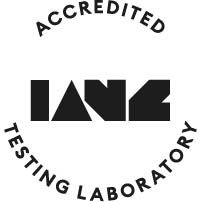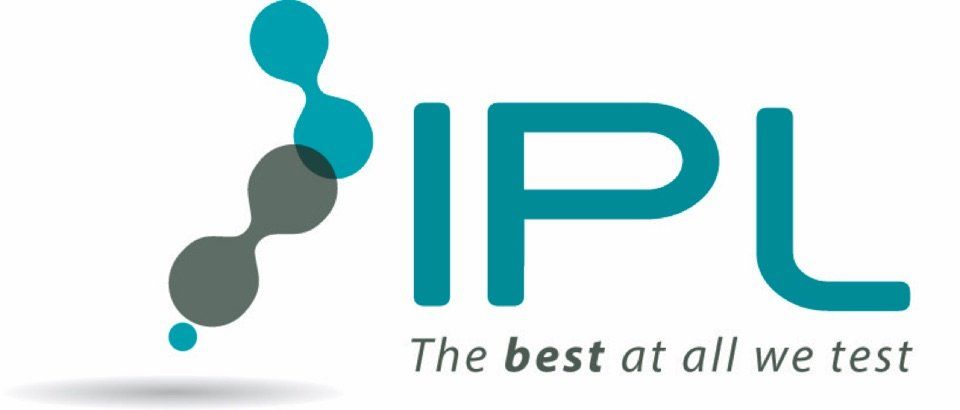FAQ
- What is petrol/gasoline made of?
Petrol is a volatile, flammable liquid obtained from the refinement of petroleum, or crude oil.
- What is petrol/gasoline used for?
Petrol was originally discarded as a by-product of kerosene production, but its ability to vaporise at low temperatures made it a useful fuel for many machines.
- How does petrol contamination occur?
Petrol contamination can come from the cross-mixing of different fuels. Tests such as octane ratings and ethanol content can identify contamination.
- What is diesel/automotive gas oil made of?
Diesel or Automotive Gas Oil (AGO) is made from a mixture of heavy, light, hydro-cracked and de-sulphurised gas oils that result from the refining of crude products.
- What is diesel/automotive gas oil used for?
Diesel is manufactured mainly for automotive use but can also be utilised in diesel turbines for electricity production, railways, the marine industry and heating and furnace applications. As cross-mixing and water can contaminate the fuel, the most common diesel testing required is investigating contamination.
- What are fuel oils?
Fuel oils are manufactured by blending distillation residues with gas oil components according to market requirements.
- What are fuel oils commonly used for?
Fuel oils are mainly used to drive engines used in heavy industry applications such as for power generation, steam generation, marine fuel and industrial burners. A range of different fuel oils are manufactured, according to the requirements of the end user.
- What are aviation fuels made of?
These products are made from the lighter middle distillate fuel streams in the refinery. They are mixtures of the straight-run (non-cracked), hydrotreated and hydrocracked kerosenes. Excessive use of hydrocracked components has led to lubricity problems. Jet Fuel specifications include not just tests and limits but also other items relating to manufacturing, traceability, additives and contamination.
- How to sample for mercury analysis?
IPL can provide sampling kits that include sampling instructions and Sulfinert coated pressure vessels to sample gas and LPG. A Dangerous Goods transport form is available under Resources. To achieve reproducible results a representative sample size of up to 500ml is required.
- What are liquid biofuels?
Liquid biofuels offer an alternative fuel for all types of internal combustion engines such as Bioethanol (substitute to petrol), Biodiesel (substitute to diesel), Bio-jet (substitute to Jet A-1), bio oils/bio crude (substitute to bunker oil in marine-type engines). IPL has developed the full test suite as per the New Zealand Engine Fuel Specification Regulations 2011.
- What are solid biofuels?
Solid biofuels or wood fuel is an alternative used to produce heat or electricity. Sawdust, woodchips and wood pellets are the most common types of solid biofuels and are more environmentally friendly than coal. Wood fuel is a growing industry and guidelines have been established to ensure product quality throughout the supply chain.
- What is IPL's expertise with solid biofuels?
IPL has developed niche testing to identify potential contamination, to determine the purity of a product or as part of your quality assurance processes. The tests methods include:
- Heavy metals (Arsenic, Boron, Chromium, Copper, Lead and Zinc)
- Trace Mercury 20ppt (ng/kg)
- What is a crude assay?
Each crude oil has unique molecular and chemical characteristics. These variances translate into crucial differences in crude oil quality. A crude oil assay is essentially the evaluation of a crude oil by physical and chemical testing. It provides data which gives information on the suitability of the crude for its end use and also helps predict the commercial value of the crude.
- What is produced water?
Produced water, brine or formation water is a term used in the oil industry to describe water that is created as a by-product along with the oil and gas during exploration and production. It is either re injected into the well or discharged as surface waters. Because produced waters are likely to contain oil and metals, they need to be treated prior to being discharged. Testing is therefore carried out for toxicity and to ensure it doesn’t exceed set discharge rates.
Dedicated to providing quality lab testing services
About IPL
Get the latest information and promotions in your inbox
Newsletter
We will get back to you as soon as possible.
Please try again later.
IPL : Website Design Auckland by Fuel Design Ltd

